The difference between Eid Al Fitr and Eid Al Adha and what to expect during Eid Al Fitr
18 July 2013
| Last updated on 9 July 2019
Eid is a time where families spend time together and exchange gifts and worship. There are two celebrations of Eid each year namely Eid Ul Fitr, celebrated at the sighting of the new moon that marks the end of the Holy Month of Ramadan and Eid Ul Adha that is celebrated during the 12th month of the Hijra calendar and coincides with the Hajj or Pilgrimage to Makkah.
Eid Ul Fitr is the celebration to commence the end of the Holy Month of Ramadan and lasts three days. There is definitely a change of atmosphere during the time of Eid in the Sultunate; it is a time for celebration and reflection. The common Eid greeting is Eid Mubarak; this is a phrase that you will hear often during Eid. It is considered polite to greet all by saying Eid Mubarak.
In a Muslim household it is normal for the family to go shopping for new clothes as you are expected to be dressed in your best garments at this holy time, usually three sets of clothing are purchased for the three days of Eid. It is important to wear perfume and show cleanliness with regards to both your personal hygiene and home. It is also customary for the women to decorate their hands with Henna during this time and you will see some very beautiful and elaborate designs adorning the hands of many women.
Women often clean their houses so that they are spotless and spend many hours cooking in anticipation of the family meal. The houses are also decorated with pretty lights and the words “Eid Mubarak” are hung up around the home. Cleanliness is of the utmost importance and you will rarely see a dirty car during this time.
Typically the first day of Eid is commenced with a pre-dawn prayer followed by a breakfast of sweets and dates. People then wash and dress in their best clothes in order to attend prayer at the Mosque. Muslims are expected to give Zakat al Fitr as alms for the Ramadan month before they enter the Mosque. This is in addition to the Zakat that they are expected to give as a charitable donation throughout the year. It is very similar to giving tithe in the Christian faith.
Once all the religious obligations have been fulfilled at the Mosque, the families will ask for forgiveness from any that they have wronged, or they will give forgiveness to any wrongdoers. It is a time for starting anew. The families will then gather for a big lunch, dressed in their best. This is traditionally very important as they are showing unity as a family.
At this time gifts will be exchanged, most commonly gifts of money are given to the children of the family. It is also traditional for children to go to the neighbors, knock on the doors and say Eid Mubarak and receive some money as a gift from the neighbors.

















































_2.jpg?itok=XEABuHuU)
















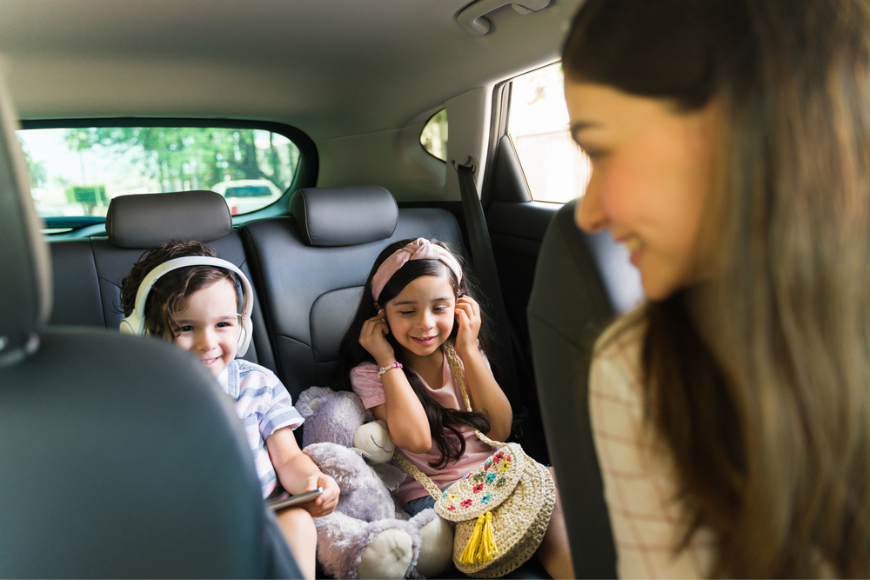


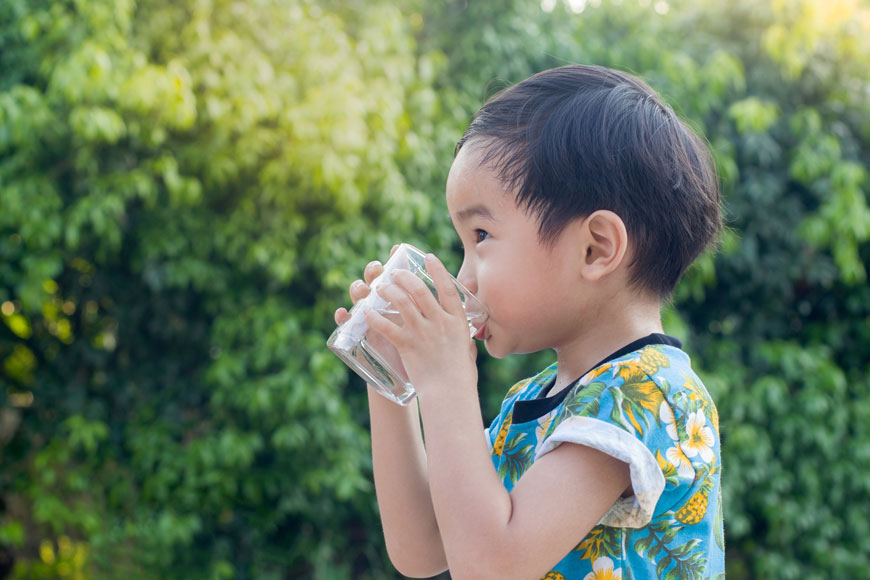
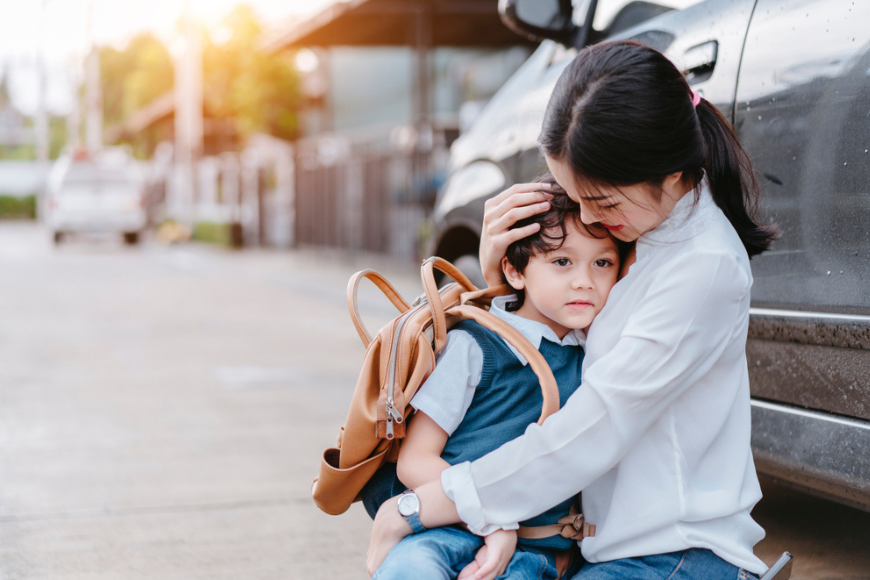
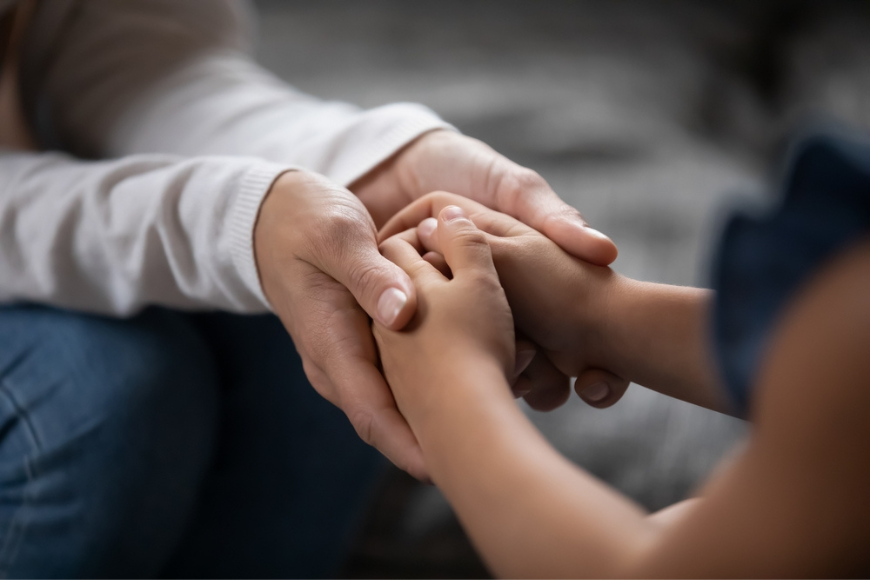
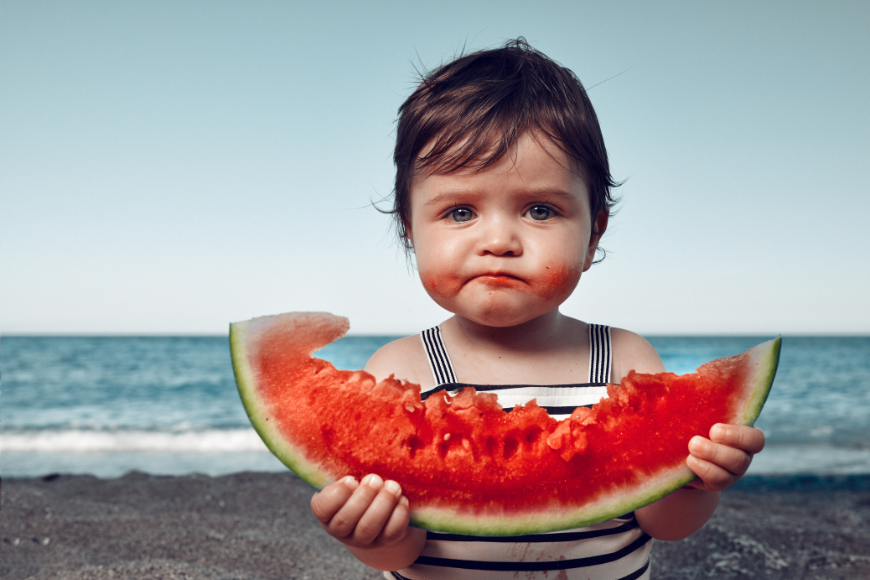
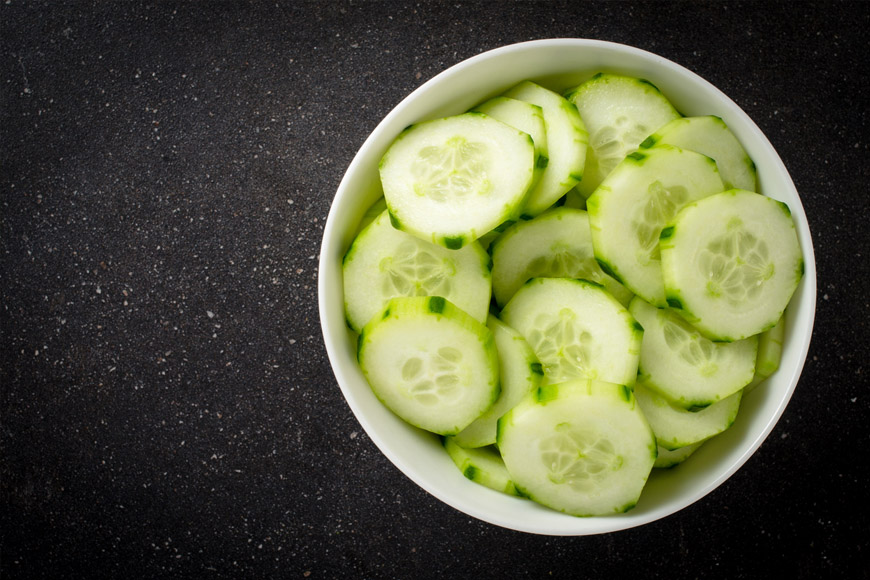
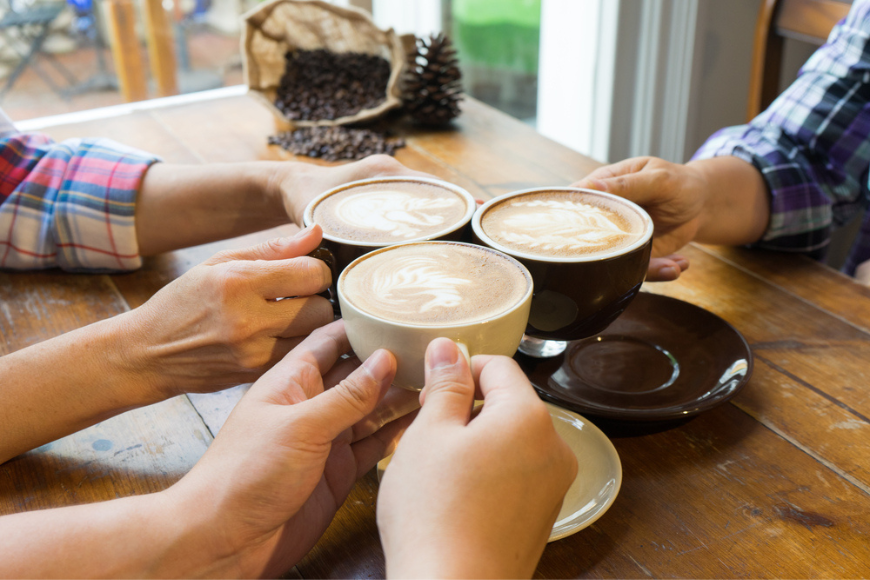






















_2.jpg?itok=j80YWwf-)



















